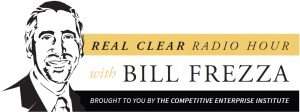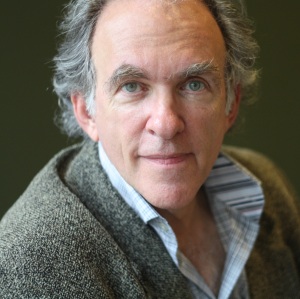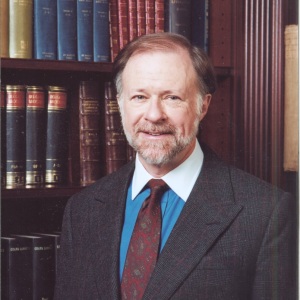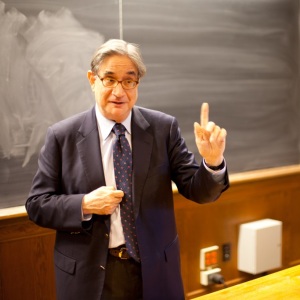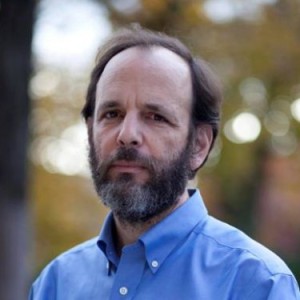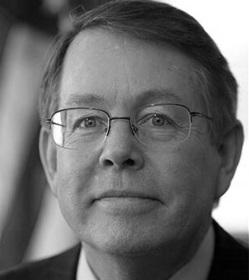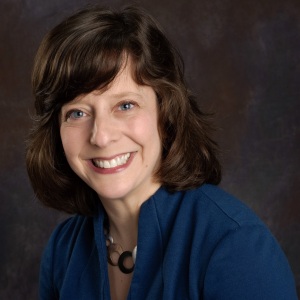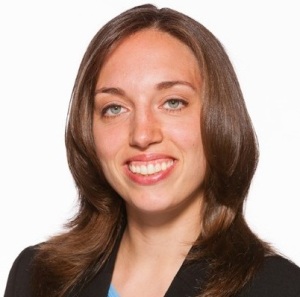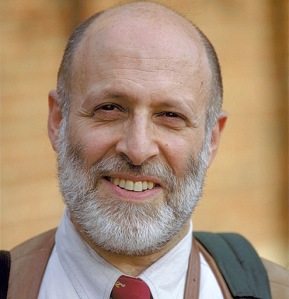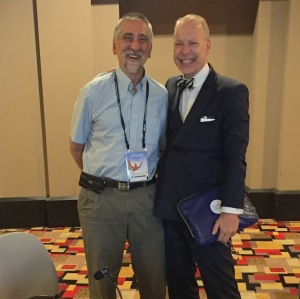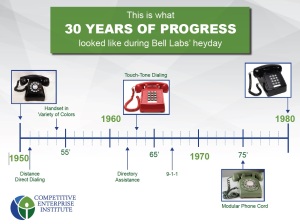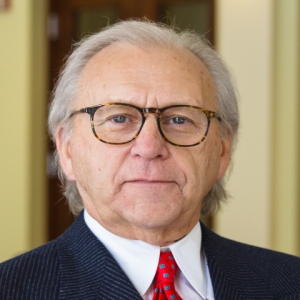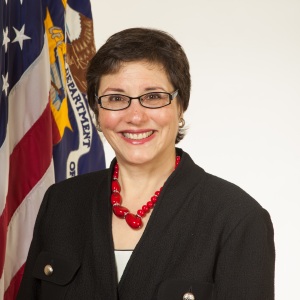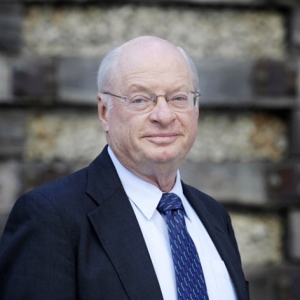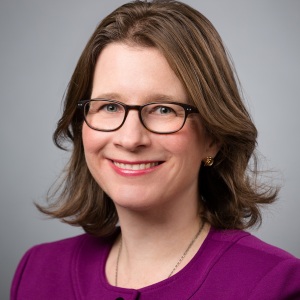Published January 4, 2020 in Quillette
Two years ago I started an experiment I would like to recommend to you. At the urging of my best friend, concerned not just about my happiness but my mental health, I went dark. Perhaps if enough people give this a try it could help pull our troubled culture out of its downward spiral.
What do I mean by going dark? I’ve enjoyed a four-decade long career as an engineer, entrepreneur, and venture capital investor working with many others to help build the digital world in which we now live. As the years passed I became more of an “activist,” devoting increasing amounts of time, money, and attention to various issues and causes impacting the body politic. For 25 years I wrote regular opinion columns for publications like Network Computing and Communications Week, back in the pre-web days, transitioning to Forbes.com, the Huffington Post, RealClear Markets, the Daily Caller, and the Foundation for Economic Education in the digital age. As my tech career began winding down I spent half a dozen years as a fellow at a Washington DC policy think tank, three as a radio show host on Bloomberg Radio where I had the pleasure of interviewing Claire Lehmann when Quillette was just a gleam in her eye, a couple of years as a roving lecturer on college campuses, all seasoned with a smattering of talking head appearances on TV. I had also been deeply engaged in social media since the phenomenon first emerged.
Then in January of 2018 I abruptly shut it all down, because my best friend was right.
To read the rest of the column, click here.
